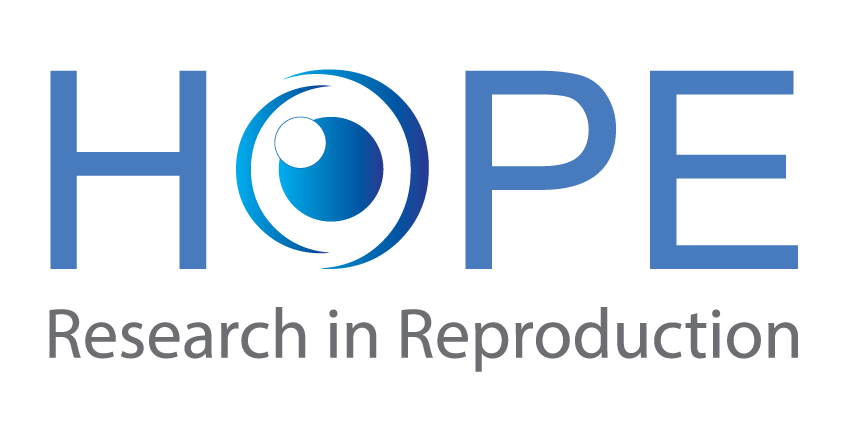https://doi.org/10.1142/S2661318224720010
Published: 4 January 2025
Nguyen-Tuong Ho, Thi-Thanh-Thao Pham, Shu-Huei Kao, and Chii-Ruey Tzeng
Authors information
1Taipei Fertility Center, Taipei, Taiwan
2IVFMD, My Duc Hospital, Ho Chi Minh, Vietnam
3Department of Obstetrics and Gynecology, Pham Ngoc Thach University of Medicine, Ho Chi Minh, Vietnam
4Program in Medical Biotechnology, College of Medical Science and Technology, Taipei Medical University, Taipei, Taiwan
5School of Medical Laboratory Science and Biotechnology, College of Medical Science and Technology, Taipei Medical University, Taipei, Taiwan)
6Department of Obstetrics and Gynecology, Taipei Medical University, Taipei, Taiwan
Abstract
Ovarian hyperstimulation syndrome (OHSS) is a rare complication often associated with superovulation cycles for fertility treatment. This report presents a case of spontaneous OHSS (sOHSS) during a frozen-thawed embryo transfer (FET) cycle, an event rarely documented in the literature. We describe herein the case of a 37-year-old nulligravida woman who presented with features suggestive of polycystic ovarian syndrome (PCOS), underwent FET using an artificial endometrial preparation protocol, and was transferred with two frozen-thawed blastocysts, which finally resulted in a diamniotic twin pregnancy. At the 12th week of gestation, the patient developed sOHSS with hyperthyroidism, which was successfully managed conservatively, and favorable outcomes were observed at delivery. This case contributes to the limited literature on sOHSS in FET cycles, reinforcing the importance of tailored monitoring and conservative management for optimal outcomes in such infertile patients.
